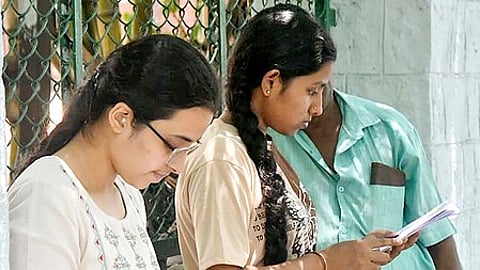

The Supreme Court has ruled that clearing the Teachers’ Eligibility Test (TET) is now a compulsory condition for both fresh teacher appointments and promotions of in-service teachers.
The apex court clarified that teachers appointed before the enforcement of the Right of Children to Free and Compulsory Education Act, 2009 (RTE Act), who still have more than five years of service left, will be granted two years to qualify. Those failing to do so must opt for voluntary or compulsory retirement, with terminal benefits.
For now, minority-run schools remain outside the order’s purview, as a larger bench of the Supreme Court will decide whether the RTE Act applies to them, reported India Today.
Odisha government response
Reacting to the verdict, Odisha’s School and Mass Education Minister Nityananda Gond said the state would examine the order carefully before finalising its stance. He pointed out that many teachers in Odisha were recruited before 2011, when no TET requirement was in place.
“We will also study how other states are responding to this order before framing our own approach,” Gond said, adding that special TET examinations may be conducted for in-service teachers.
Concerns from teachers’ associations
Teachers’ associations in Odisha expressed reservations, urging that the mandate be applied only to new recruits. Education department officials underlined that TET acts as the baseline eligibility test for elementary teachers across India, ensuring uniform quality from Classes 1 to 8.
